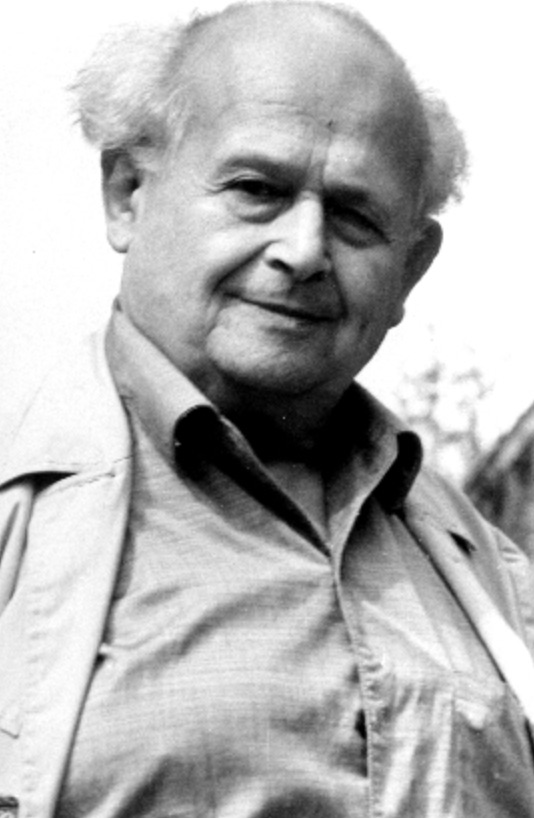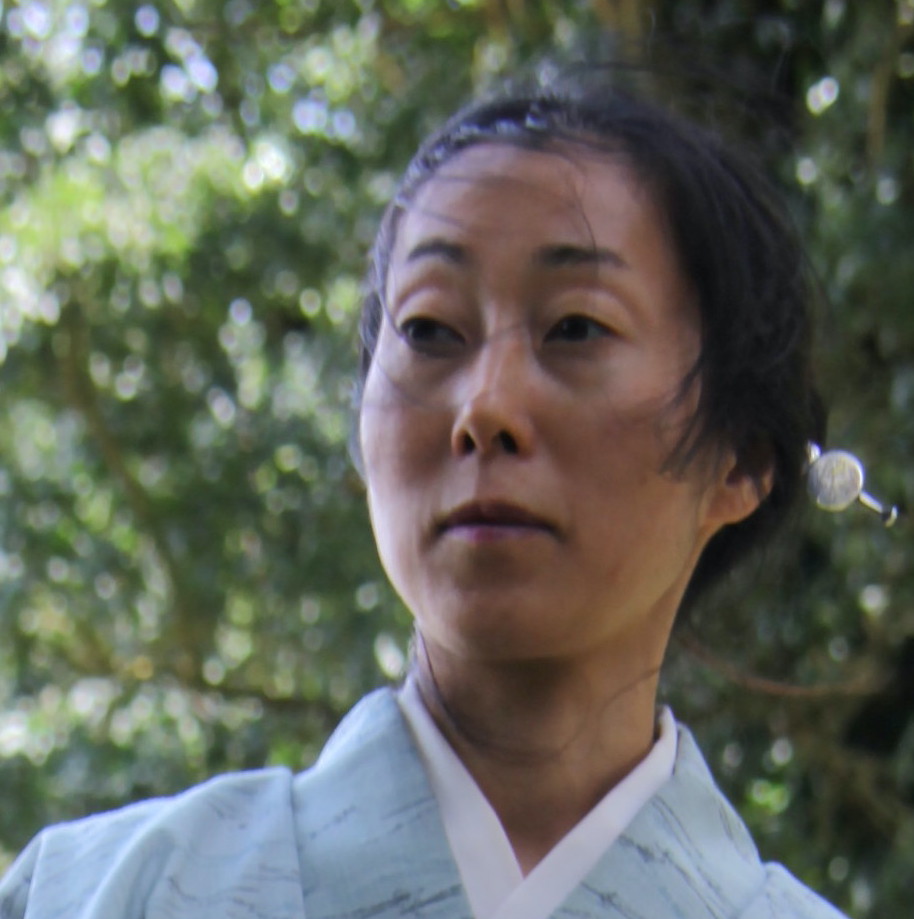Feldenkrais
The Feldenkrais Method of Somatic Education®

Moshé Feldenkrais, Founder of the Feldenkrais Method. Photo © International Feldenkrais® Federation Archive
Growth and Improvement by Awareness
Awareness is the most powerful tool to face ourselves and the world — to enrich and clarify our lives. It can help us to alleviate pain and stress, to grow our potentials, to stay young. In times of ease and peace, we will know to appreciate each moment, and in times of hardship, we will have more resources and confidence to help ourselves and others.
In the Feldenkrais Method, we work through movements to develop our awareness and to know ourselves better. To ever change or to discover new perspective, we must first know what we do and who we are now.
The movements proposed in the lessons are often very curious and varied— from familiar and simple to unusual and complex, from small and slow to large and playful — but always with attention to not strain or force, in a secure environment without competition, criticism, or judgement. We are given the time we need that allows us to realize what normally we have neglected.
“Through awareness we can learn to move with astonishing lightness and freedom – at almost any age – and thereby improve our living circumstances, not only physically … but emotionally, intellectually, and spiritually.” — Moshe Feldenkrais
Verbally guided lessons are called Awareness Through Movement® Lessons and One-on-One Hands-on lessons are called Functional Integration® Lessons. To have more background knowledge about the method, you can go websites such as www.feldenkrais.com.

Online Classes with Moeno Wakamatsu
3 Awareness Through Movement lessons per month by zoom. Live or retrospectively by recording. Taught from original lessons of Moshe Feldenkrais.
Cost: 30 €/month (3 lessons). Bonus lesson after completion of 3 series.
Click "Details" for currently on-going and past available lessons.
Information and registration: moeno.wakamatsu@gmail.com
Moeno Wakamatsu is certified in the Feldenkrais Method® in 1998-2002 New York training. The trainers she has studied with include Dr. Chava Shelhav, Dr. Frank Wildman, Mark Reese, Dennis Leri, Larry Goldfarb Ph.D., Yvan Joly, Angel Di Benedetto, among others.
"Finding Wholeness"
– a Feldenkrais Seminar with Moeno Wakamatsu
In this seminar, we will emphasize not only the improvements to physical movements and functions that the Feldenkrais Method could facilitate, but the formidable effect the practice has on the mind/spirit. Our thoughts, feelings, moods, beliefs — these things all relate to make up our personal climate of our private and social lives. They affect our sense of security, our presence, how we handle emotions, how we react to stress, how we view our happiness. In fact, the inner climate is so connected with the physical, that in order to truly improve, one must consider the whole.
In perceiving “Wholeness” we address several subjects as points of attention while we learn from the original Awareness Through Movement lessons of Moshe Feldenkrais. These subjects link the self to the outer environment.
1. Breath — inner breath and sending the breath outward to the environment.
2. Circulation of consciousness through the self and though the outside space.
3. Cognition of the environment as well as the cognition of the felt body, and cognition of the thoughts and feelings. Separately, then simultaneously.
4. Understanding of the ground force and its relationship to desire. Recognition of the direction of our desire in the environment as related to our force towards the ground. Relationship of grounding as physical action to the grounding of mental state.
5. Use of Active body vs Passive Body in Rested body. Activation as engaging our inner strength in the environment.
6. Patience, Concentration, Calm mind.
7. Awareness of the self and the environment (everything other than “the self”) as one whole.
“Listening” to the self and the environment simultaneously — when these two things become one, we stop to view ourselves separately from everything else. Our perception shifts out of the relative world to another world that is whole. It brings us to fuller potential and health. By the relative world, “Me” is separate from everything else, and furthermore we separate things into dualities such as good and bad, right and wrong, fortunate and unfortunate, sad and happy, life and death. The relative world is common world view in our modern society, and often we are dependent upon it, and it is also a great source of stress. By our practice, we can learn to go out of this relative view for at least the duration of the practice and thereby finally be “free”. Eventually the practices begin to shift elements in the rest of our daily lives.
If we take a very common example: Our relative way of thinking separates “right” and “wrong”, and you might believe that “wrong” is “problems” and “difficulties”.
Do you sometimes find yourself searching for solutions for your “problems” and your “difficulties” as if they are separate from you? (Or you criticize or evaluate someone else for their “problems” and “difficulties”? Because what we do to ourselves, we do to others.) It can be in the sense of physical, mental, emotional, or spiritual. The range of your situations may vary — you may be facing serious terminal illness or handicap, or you might be suffering from light non-life threatening illness, injuries or chronic pain, or it might be that you are fighting addiction, or you are depressed or have anxiety, or you are struggling to accept old age. Life is such that struggle is part of life we cannot escape — we have fear of death, fear of not being accepted by peers, fear of being alone, or simply not knowing what is life about.
However different our situations, to view ourselves in the light of “problems” and “difficulties” often does not make things better. Once we are thinking in terms of “problems”, then we have many things to blame — others, our situation, our misfortune, our upbringing. We sometimes also depend on our “problems” for excuse of why we cannot be happy. Once dependent, we are subconsciously afraid to not have “problems”.
On the other hand, rather than to put the focus on looking for “answers” for our “problems”, we can take a different avenue — to purely listen to the self and the world. It is not to ignore “problems”, but to shift the way we see our situation.
In pure “listening” without expectation, without reaction, without judgement, there is no right and wrong. We are not let down because we are not expecting. We are not dissatisfied or disillusioned because we are not asking for answers and solutions. We do not have to prove, we do not have to understand, therefore we have no doubts. We do not have to believe, so we do not have to fear losing faith. However, we have great responsibility to listen and to accept everything that we can hear. In practicing such way of attention, we attempt to face ourselves as who we are, not as what problems we have. This gives great strength to a person, and a new way to see new alternatives in our way of life. Only when we expect nothing, suddenly something we have never imagined can appear. We sometimes call it, “Solving without a solution.”
[Seminars are scheduled by request from groups and participants, in her Normandy studio and other locations. Inquiry: moeno.wakamatsu@gmail.com ]